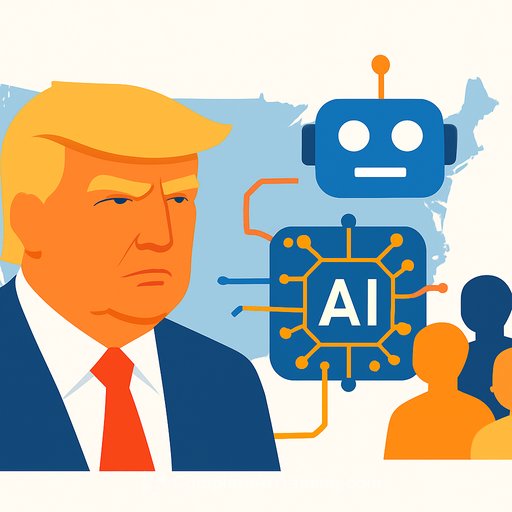The Legal Landscape of Generative AI in Canada: Understanding the Voluntary Code of Conduct
Organizations across Canada are increasingly integrating generative AI into their operations. From supply chain management to fraud detection, AI systems offer tangible benefits. However, these advancements come with legal and reputational risks, especially as regulators and the public scrutinize generative AI more closely.
AI Regulatory Background
Canada began formalizing its approach to AI regulation in 2022 with the proposed Artificial Intelligence and Data Act (AIDA), introduced as part of Bill C-27. Although Bill C-27 passed the second reading in the House of Commons in April 2023, it was terminated when Parliament was prorogued ahead of the 2025 federal election. For AI legislation to move forward, the new Parliament would need to introduce a fresh bill.
In response to the growing adoption of generative AI, the Canadian Government released the Voluntary Code of Conduct on the Responsible Development and Management of Advanced Generative AI Systems in September 2023. This Code serves as an interim framework, helping organizations adopt responsible AI practices while formal regulations remain pending. Importantly, the Code does not impose new legal obligations but sets common standards for ethical AI use.
Key Elements of the Voluntary Code
The Code is designed to reduce potential negative impacts of generative AI, such as risks to health and safety, bias propagation, and misuse by malicious actors. Organizations developing or deploying generative AI, especially those in high-trust sectors or concerned about public reputation, should consider becoming signatories. Doing so signals a clear commitment to responsible AI practices.
The Code covers the development and management of generative AI through:
- Ethical methodology selection
- Dataset collection and processing
- Model building and testing
- Operational controls such as parameter management, access control, and ongoing monitoring
The foundational principles of the Code include:
- Accountability: Organizations must understand their responsibilities, manage risks effectively, and share information to prevent development gaps.
- Safety: Regular risk assessments and mitigation strategies are essential before deploying AI systems.
- Fairness and Equity: Ongoing evaluation and correction of fairness issues throughout AI development and deployment.
- Transparency: Publishing sufficient information for consumers and experts to make informed judgments.
- Human Oversight and Monitoring: Continuous supervision after deployment with updates to address new risks.
- Validity and Robustness: Ensuring AI systems work as intended, resist cyber threats, and respond predictably.
Notable signatories include organizations like CIBC, CGI, and IBM, all supporting responsible AI ecosystems in Canada. Further details on implementation are available in the Implementation Guide for Managers of Artificial Intelligence Systems.
Considerations for Technology Purchasers
Technology buyers evaluating vendors with generative AI capabilities should verify whether those vendors are signatories to the Code. This can be a useful indicator of their commitment to responsible AI development. Vendors themselves may benefit from joining the Code to demonstrate their dedication to ethical AI practices.
Even if a vendor isn’t a signatory, the Code can serve as a benchmark for assessing whether their generative AI use meets acceptable standards. Organizations can use these criteria to guide vendor selection and risk management decisions.
Legal professionals advising on AI integration or procurement can find value in understanding these commitments and how they translate into practice. For those interested in learning more about AI compliance and governance, courses and resources on AI ethics and technology management are available at Complete AI Training.
Your membership also unlocks:






